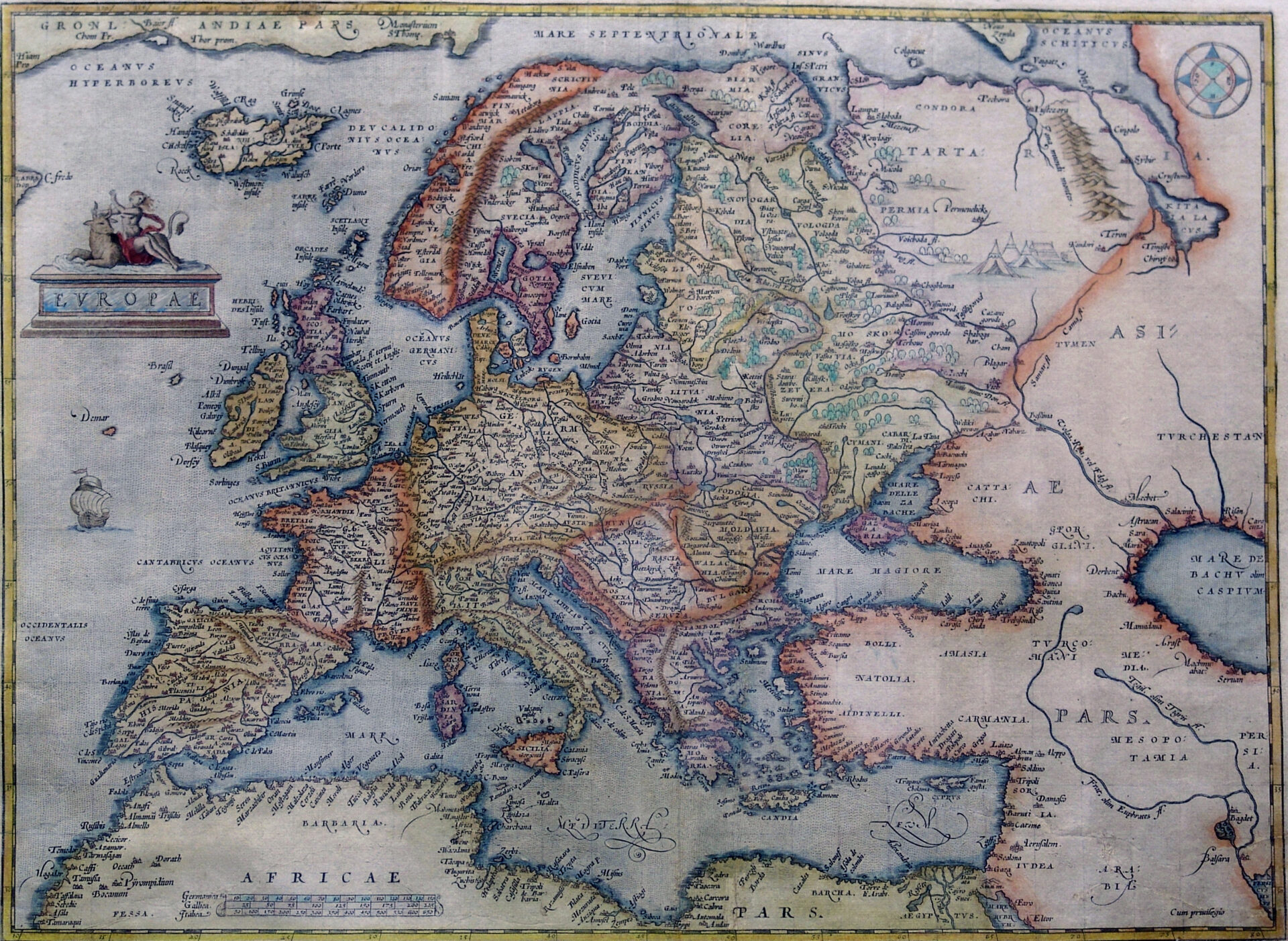In the early eighteenth century the international balance was precarious. Should the strong states decide to prey upon the weak, the balance was certain to be upset. One such upset resulted from the Great Northern War, which enabled Russia to replace Sweden as the dominant power in the Baltic.
The expansion of Russia continued to threaten the balance during most of the eighteenth century, and the chief victims were Poland and Turkey. A second major threat to the balance came from the expansion of Prussia at the expense of Austria, Poland, and Sweden. A third arose out of the colonial and commercial rivalry between Britain and the French and Spanish Bourbons.
These were not the only international issues of the day. The old competition between Austria and France remained lively. It was complicated by the ambitions of Elizabeth Farnese, second wife of Philip V of Spain, who won the support of France and threatened Austrian power in Italy. The Austrian Habsburgs were vigorous expansionists, aiming to drive the Turks from the Danube and extend their own domains southeast to the Black Sea.
Although the interplay of all these rivalries led to frequent shifts in power, an international balance was generally maintained. The limited financial resources of the governments of the Old Regime generally permitted only limited warfare.
On the battlefield, generals were reluctant to risk losing soldiers who represented a costly investment in training; they favored sieges executed according to conventions well understood by all belligerents. At the peace table, diplomats were reluctant to destroy an opponent; they generally sought to award a bit of territory or a minor throne as compensation for a greater loss. The handling of the Polish and the Turkish questions afforded clear examples of conventional international politics in operation.

